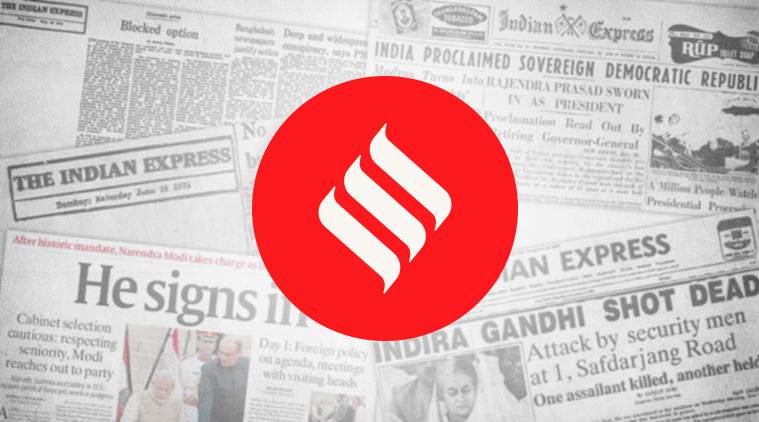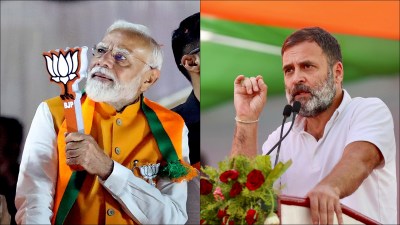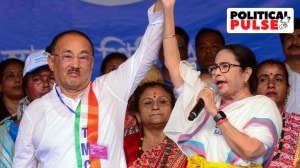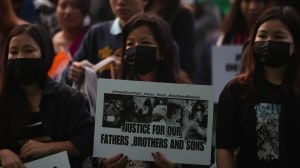- India
- International
Develop Delhi Party
AAP’s ‘10 guarantees’ indicate its evolving strategy — its record in government has become its politics.
 The AAP’s “10 guarantees” strategy appears to be to highlight its successes in education and healthcare in Delhi. I
The AAP’s “10 guarantees” strategy appears to be to highlight its successes in education and healthcare in Delhi. I
The Aam Aadmi Party’s list of 10 “guarantees”, released by Delhi Chief Minister Arvind Kejriwal on Sunday, is an indicator of how the party has styled — and shifted — its political idiom and practice since 2015. The promises made on Sunday — mohalla marshals, quality public education and healthcare, amenities like water and electricity, women’s safety — steer clear of the politically sensitive issues at a time when a polarising battle of grand narratives is underway in India, sparked by the CAA, the proposed NRC and NPR, and Delhi is at the centre of that churning.
For some time since its formation, emerging as it did from the Anna Hazare anti-corruption movement, the AAP had a definite if simplistic political plank — against the entrenched, systemic corruption that was widely seen to have marred Indian politics and by extension, the political class as a whole. This anti-politics of the AAP was also marked by tactical audaciousness on the ground — Kejriwal contested against Narendra Modi in Varanasi in the 2014 Lok Sabha elections and the then-fledgeling party fielded 434 candidates nationally. Even as a party of government, AAP remained at loggerheads with the BJP and the Centre, demanding for Delhi the same powers and status as that of other states. Over the last few years, however, that strategy and tactic has undergone a perceptible change — its record in government appears to have become its politics.
The AAP’s “10 guarantees” strategy appears to be to highlight its successes in education and healthcare in Delhi. Its long battles with the Centre over the powers of the Lieutenant Governor and control of the Delhi Police yielded little by way of political dividends. And its earlier “all politicians are corrupt” charge appears neither to have dented the image of the prime minister nor hurt the BJP’s prospects in Delhi — the party won all seven Lok Sabha seats in the city in 2019. Rather than wage the political battle on ideological terms, the AAP’s attempt appears to be to shift the discourse towards a solutions-oriented politics. On the abrogation of Article 370, Kejriwal supported the Centre and even on the CAA and NRC, the party’s response has been relatively muted. On the streets in Delhi, it has been careful to not be seen as organising or spearheading the protests. The politics of solutions to issues like bijli, paani and chikitsa is, at least partially, a novel approach, not least because the idea of the city and its needs has seldom occupied centre-stage in the national conversation.
EXPRESS OPINION
More Explained
Apr 25: Latest News
- 01
- 02
- 03
- 04
- 05


































